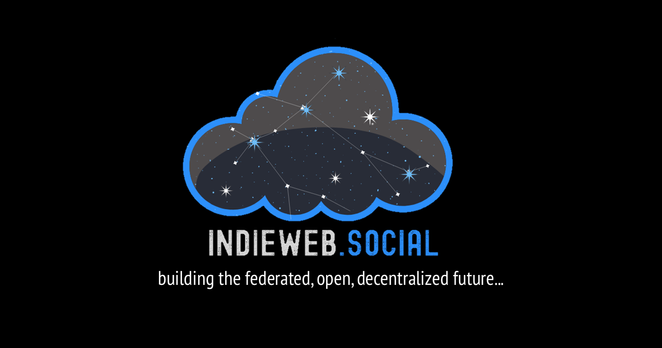(7/7) In short, we say #WebSocial instead of the #Fediverse to truly unlock the potential of what it can be, and that is a communication system built on top of established, decentralized technology, under the umbrella of none other than #W3C.
By unpoliticizing the word, we've basically given it verbage and actual purpose. Are you going to post content on #WebSocial with #ActivityPub? How will you do it? Single user? Multi user? Actual platform?
Giving creators that power can foster magic.







 CNET Japan 最新情報 総合
CNET Japan 最新情報 総合 
